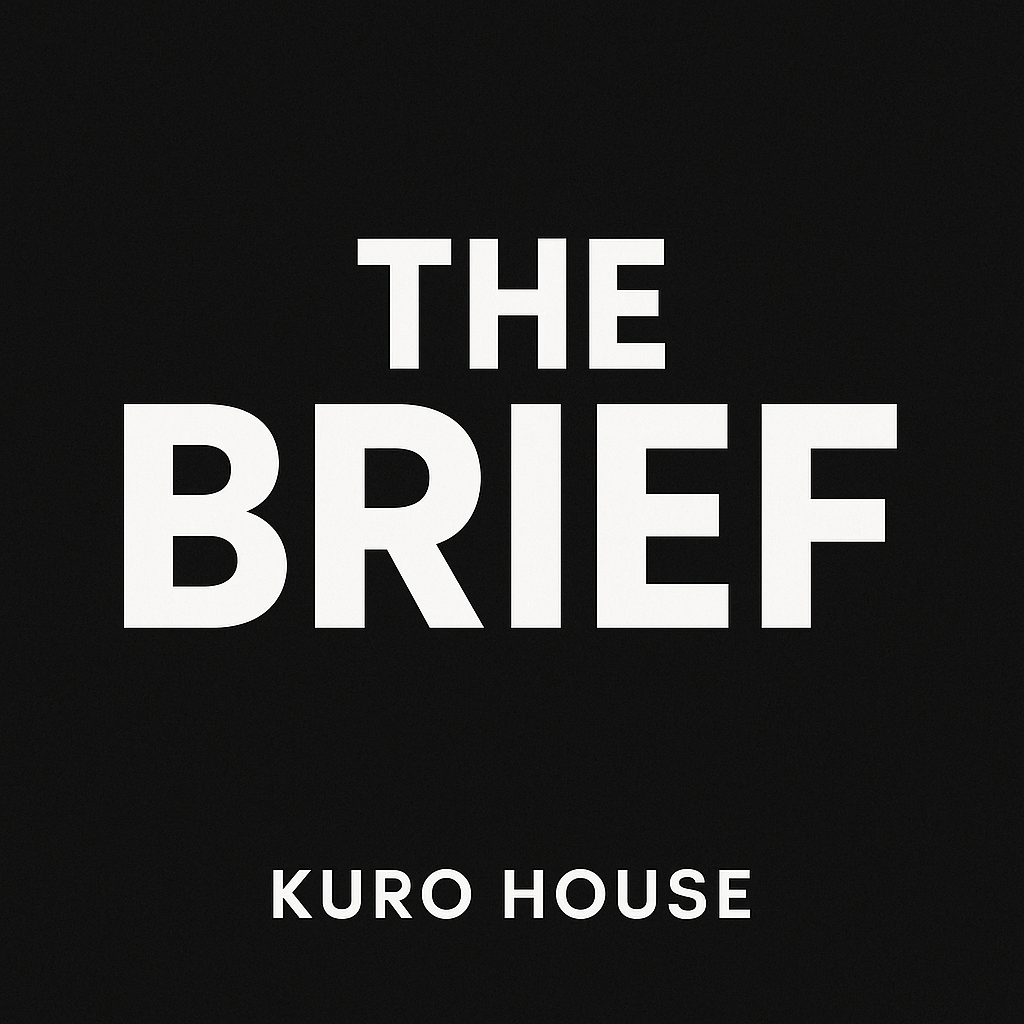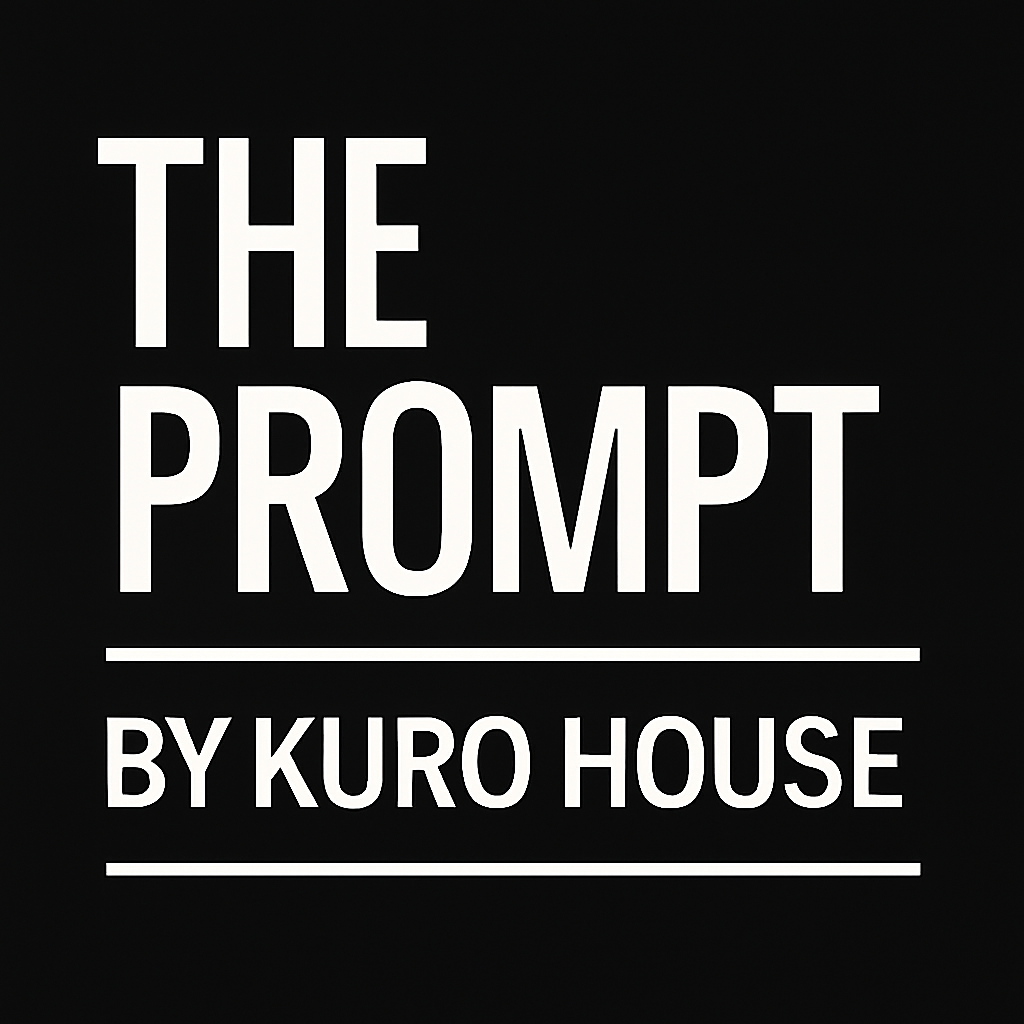Listen To The Show
Transcript
Welcome to The Brief by Kuro House, your daily dose of marketing intelligence. Today, we’re unpacking some seismic shifts in media, tech, and advertising—from joint industry statements shaking up government relations, to new partnerships redefining how we shop and listen. Let’s dive in.
First up, The Trade Desk has pulled back the curtain on OpenAds, its new supply path product, and it’s a technical deep dive worth your attention. Reported by Adweek, OpenAds is pitched as a prebid wrapper for more transparent, direct ad buying—essentially, it gives media buyers a clearer, more secure route to publisher inventory. CEO Jeff Green and VP of Product Mike O’Sullivan outlined four core features at a Prebid.org event: First, Auction Code Attestation, which cryptographically proves that the code running auctions matches what’s publicly available—so, no hidden tweaks. Second, the Sincera Integrity Signature, which flags if bid request fields are tampered with (for example, if someone silently swaps out an ID, the signature breaks). Third, an Auction Audit function, letting publishers see who’s bidding, how often, and on what, accessible via sellers.json and a new dashboard called PubDesk. Finally, Transaction ID tracking is back, despite Prebid.org’s recent changes that limited buy-side visibility. While OpenAds is built on Prebid’s codebase and designed primarily for publishers, it’s stirred controversy: some argue The Trade Desk is encroaching on sell-side territory, raising antitrust concerns reminiscent of Google’s legal troubles. Green insists it’s about efficient supply chains and better outcomes for quality publishers, not buy-side versus sell-side. Still, the move has accelerated industry conversations about transparency, control, and the future of programmatic auctions.
Next, in a rare show of unity, major U.S. news networks—ABC, CBS, CNN, Fox News Media, and NBC—issued a joint statement refusing to sign the Pentagon’s new press access requirements. According to Adweek, these rules would restrict journalists’ ability to report on national security by requiring all information, classified or not, to be approved for release and mandating escorts for journalists in large parts of the Pentagon. The networks called the policy “without precedent” and a threat to core journalistic protections. They’re joined by other heavyweights like the Associated Press, Reuters, The New York Times, and The Washington Post, all refusing to sign. Only OANN has agreed to the new terms. The Pentagon Press Association warns that limiting press access “should be a concern to all,” highlighting the crucial role of an independent press in covering issues vital to both the public and military personnel. This standoff is a powerful reminder of the ongoing tension between government control and press freedom.
Now, let’s talk commerce and AI. Walmart is making waves by partnering with OpenAI to let customers buy Walmart products directly within ChatGPT, as reported by Adweek. This move, coming this fall, follows similar integrations with Shopify and Etsy and marks a shift toward what’s now called “agentic commerce”—where AI-powered chatbots handle product discovery and transactions. Walmart’s CEO Doug McMillon promises a future where shopping is multimedia, personalized, and contextual, moving beyond the traditional search bar and endless lists. Walmart’s already invested heavily in AI, from giving employees advanced tools to launching an AI-powered shopping assistant named Sparky. For OpenAI, CEO Sam Altman sees this as a way to make everyday purchases simpler, and analysts say it could give Walmart a real edge in retail. The integration is expected to drive incremental sales and set Walmart apart in a crowded ecommerce landscape.
In the agency world, there’s a significant leadership change at RPA, the largest independent ad agency on the West Coast. As reported by Adweek, longtime CEO Pete Imwalle is stepping down after 32 years, with Jim Helberg, the agency’s EVP and chief media officer, taking the helm. Helberg brings nearly a decade of experience at RPA and a background at Spark Foundry, plus academic credentials as a media strategy professor. He’ll work closely with president and COO Brett Bender to evolve RPA’s strategic approach amid industry shifts. RPA’s client roster is impressive—think American Honda, ampm, Apartments.com, Farmers Insurance, and more. Helberg says he’s ready to build on RPA’s legacy and help clients achieve greater business success. This marks a new chapter for an agency that’s prided itself on independence and long-term client relationships.
And finally, in a content convergence that’s been brewing for months, Netflix and Spotify have made their video podcast partnership official. Starting in early 2026, Netflix will host video podcasts from Spotify Studios and The Ringer in the U.S., with more markets to follow, according to Adweek. The initial lineup includes sports hits like The Bill Simmons Podcast and The Ringer NBA Show, lifestyle staples like The Rewatchables and The Big Picture, and true crime favorites such as Conspiracy Theories and Serial Killers. This partnership lets Netflix tap into popular podcast genres and gives Spotify a chance to expand beyond audio. Lauren Smith, Netflix’s VP of content licensing, says the move is about entertaining members “wherever and however they want to watch.” For marketers and content strategists, this signals a growing fusion of audio and video platforms—and new opportunities for cross-channel audience engagement.
That’s it for today’s Brief. From radical transparency in ad tech to the evolving relationship between AI and commerce, and the blurring lines between streaming and podcasting, the marketing landscape is shifting fast. Stay curious, stay sharp, and we’ll see you tomorrow for more insights on The Brief by Kuro House.

